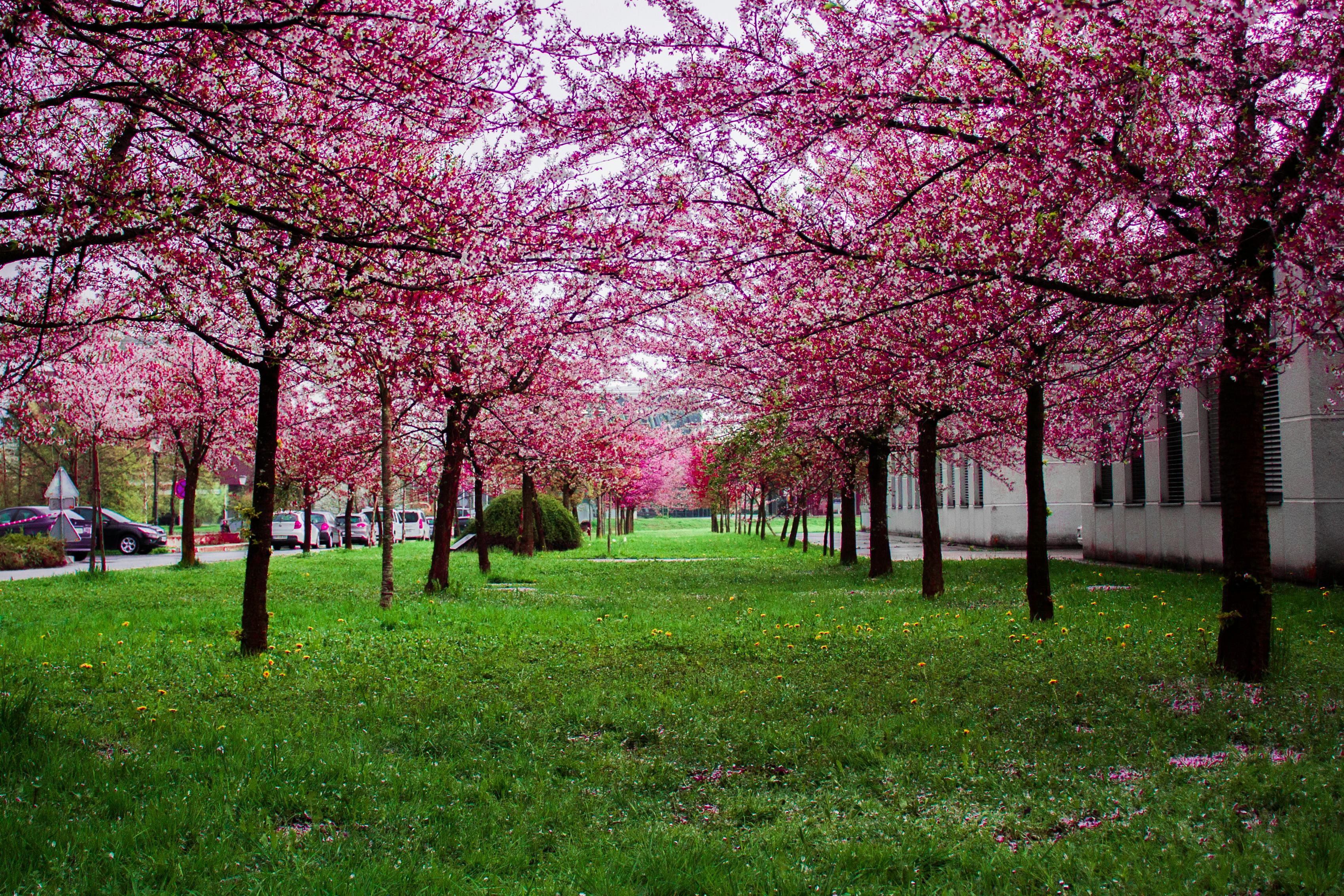More pollen in the air means worsening symptoms for people who suffer from allergy, according to Neelu Tummala, Co-Director of the George Washington University Climate and Health Institute and an Ear, Nose and Throat Physician at the GW School of Medicine and Health Sciences.
In an op-ed published in MedPage Today, Tummala points out that climate change also leads to an increased risk of flooding which can then lead to indoor mold and spore production, a common allergen that can exacerbate allergy symptoms and ramp up the chances of developing asthma.
About 25% of adults in the US have seasonal allergies now and that number could increase in the future. Tummala says that climate change is a global crisis but there are steps that individual allergy patients can take. She recommends that people with allergies check with their doctor to optimize allergy medication and take action to control their environment.
To schedule an interview with Dr. Neelu Tummala, please contact Kathy Fackelmann, kfakelmann gwu [dot] edu (kfakelmann[at]gwu[dot]edu)
gwu [dot] edu (kfakelmann[at]gwu[dot]edu)
-GW-


